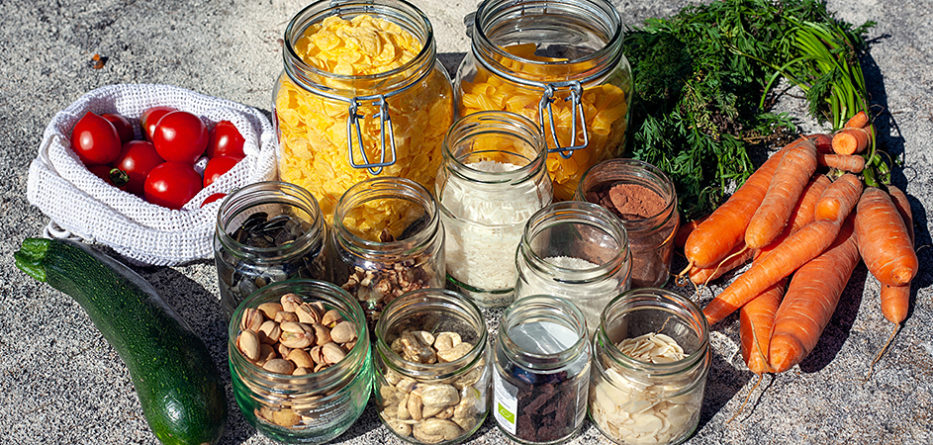16 October is the Food and Agriculture Organisation of the United Nations’ World Food Day. 17 October is the United Nations’ International Day for the Eradication of Poverty
Like many other international days held each year, World Food Day and the International Day for the Eradication of Poverty can be seen as gloomy or guilt-inducing. They remind us of the dark sides of our society and of our failures. Their place in the calendar, however, is more positive. They encourage us to make the world a better place. They draw us to enter the lives of people who struggle to stay alive because of their lack of food, shelter and income, to imagine a world in which they are well fed and clothed and can live rich lives, and to ask ourselves what we might do to help this world come into being.
The shame and the paradox of the world food supply is that there is enough to feed everyone and to maintain them in good health. In some societies, however, food is wasted, many people eat to excess, and others go hungry. In some societies, too, people live close to starvation. The situation is complex. To understand it and to seek a better way we need to reflect on the many relationships involved in growing food: the quality and variety of seeds that are used, the effect of fertilisers and insecticides on the soil, the rotation of crops, the treatment of chicken and of cows, for example. These processes must show due respect to animals and also to the soil and the variety of organisms necessary for sustainable growth of food. They also include the packaging and selling of food, the promotion of instant food rich in sugar that is habit-forming and poor in nutrition, and the ability to make fresh food available cheaply after its initial sale.
The breadth and complexity of these factors can be seen in the theme of World Food Day. It asks for ‘Better Production, Nutrition, Environment and Life.’ In producing, selling, eating food and ensuring that people everywhere are fed, a large number of relationships is involved. All these relationships are open to manipulation; all must be just. During the coronavirus lockdowns, the distribution and selling of food were often restricted to supermarkets, which already had enormous power over the growers who supplied them with food. It is important that farmers receive a just price for their food, and that there be space for retail markets where small farmers can sell their produce. In the relationships between farmers and chemical companies that provide seeds, fertilisers and insecticides, it is important that they do not create dependency and monocultures. The 19th Century potato famine in Ireland offers a chilling example of this danger.
Ensuring that all people in the world have access to sufficient nutritious food is part of the eradication of poverty, to which a day is also devoted. It also invites us to ask why people go starving. As the remarkable Brazilian Bishop Helder Camara saw, this is a dangerous question. He said that if he fed the poor people called him a saint. If he asked why they were poor and starving, he was called a Communist. Poverty and its devastating effects on people arise out of inequality in the world and the greed that underlies it. As Pope Francis has said many times, all profitable activity has a social bond – it needs to attend to the need of the whole community and particularly of its most vulnerable members. This is true within nations and also between them. The failure to do so can be seen in the common practice of cutting foreign aid at a time when events such as the coronavirus have deepened the need for it.
The eradication of poverty within nations and internationally ultimately depends on a change of heart. A recognition that each human being, each human life, matters and that we are brothers and sisters, not competitors. We need to tell ourselves that, and pray and work that we and all people will see it.
Fr Andrew Hamilton SJ writes for Jesuit Communications and Jesuit Social Services.








